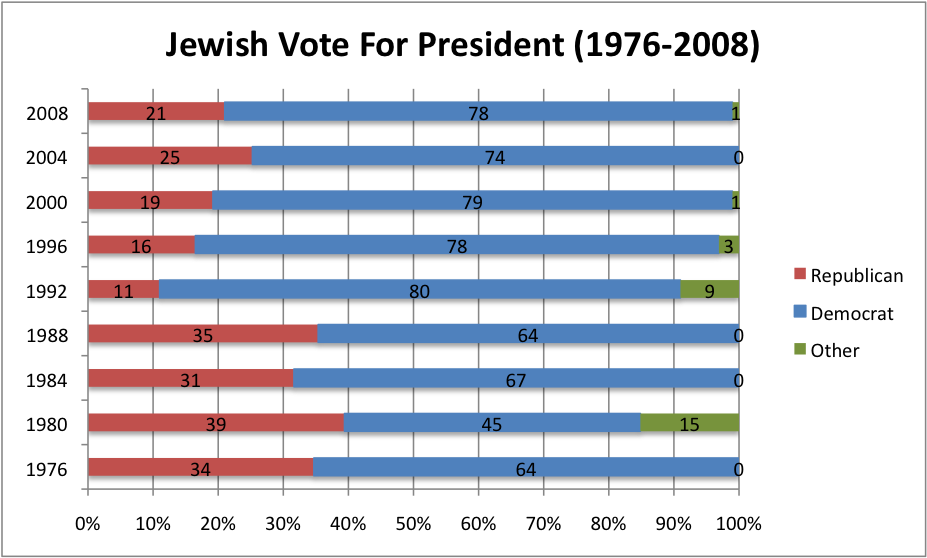- Thread starter
- #201
The Iranians are the biggest fans of this deal. Even though Khamanei has already accused the US of violating it. They will be totally free to do whatever they want because inspections are a joke. And even if the inspection turns up something no one will dare say Iran violated the agreement and sanctions will be restored. In return for giving up nothing Iran gets over a billion dollars back, money they can support their proxies in Syria and Yemen with. It's a win win for them.ignorant more than evil, and he'll be gone in 16 months. Do you like the mullahs?No he doesn't the mullahs are good people
Why should Iran trust the United States? We have one of the most evil men who ever lived as our President. Do you trust Obama?
You must love the mullahs...because if Congress somehow prevents America from participating in this deal, it will empower the mullahs and allow them to rally Iranians against America...
You really need to educate yourself about the Iranian people...
Iranian attitudes on nuclear negotiations
Iran’s Nuclear Program - A near-unanimous majority of Iranians say that it is necessary for Iran to have a nuclear energy program. Seven in ten say that the Iranian government’s purpose in expanding its nuclear capabilities is for peaceful nuclear energy, while one in five say it is also for developing nuclear weapons.
Iranians are divided about the likelihood of success in the negotiations over Iran’s nuclear program. A large majority say they would not fault Iranian officials if the talks fail to achieve an agreement.
Mistrust and Doubts about Whether Sanctions Would Be Removed - Iranians express high levels of mistrust in the P5+1 countries. More germane, Iranians express high levels of doubt that the United States would remove sanctions, even if Iran were to meet U.S. demands in regard to its nuclear program. Three quarters say that the United States would find some other reason to impose sanctions. This view is related to the perception—held by three in four—that the United States’ main reason for sanctioning Iran is not concern about nuclear weapons but some other motive. Asked what these other motives might be, the most common responses are that the United States seeks to dominate Iran or block its development. Feelings of mistrust and doubts are highly correlated with resistance to agreeing to confidence building measures in the nuclear negotiations.
Relations with U.S. - Views of the United States, especially the U.S. government, continue to be quite negative. These appear to be related to past and present U.S. policies toward Iran much more than to cultural and religious differences. Nonetheless, large majorities favor making efforts to mitigate the conflicts between Iran and the United States and support a variety of confidence building measures. A slight plurality has a positive view of the American people and people-to-people confidence building measures are viewed even more positively. A majority thinks that it possible for Islam and the West to find common ground.
You're an idiot, the Iranian people don't want the mullahs in power ..You're friken clueless, and weak- kneed. The islamonazis love people like you. They walk all over you, just like they do Obama "peace through strength" You don't get peace through ass kissing..unreal
Over 100 billion dollars and 0ver 300 million a month in oil sales revenues. Wonder what they'll be using that money for?






